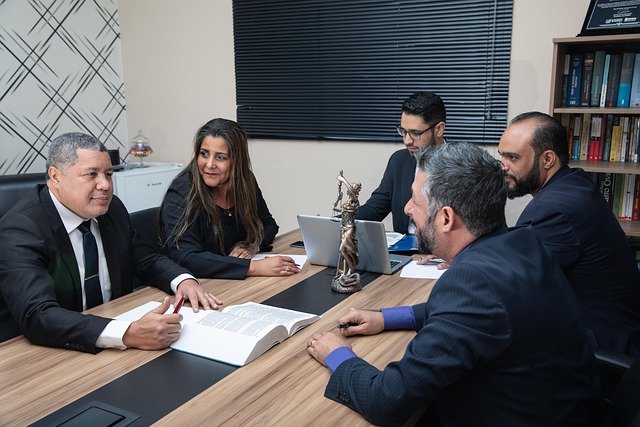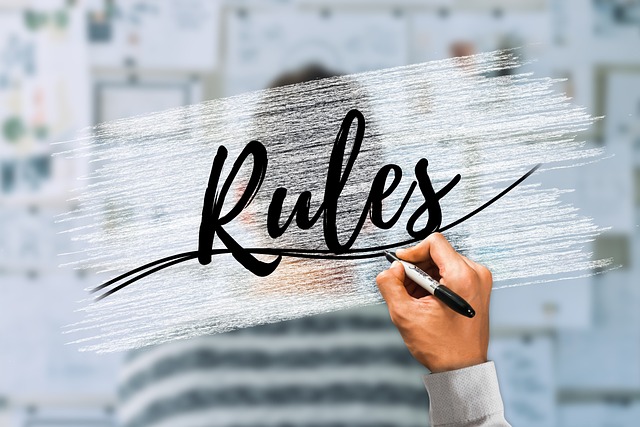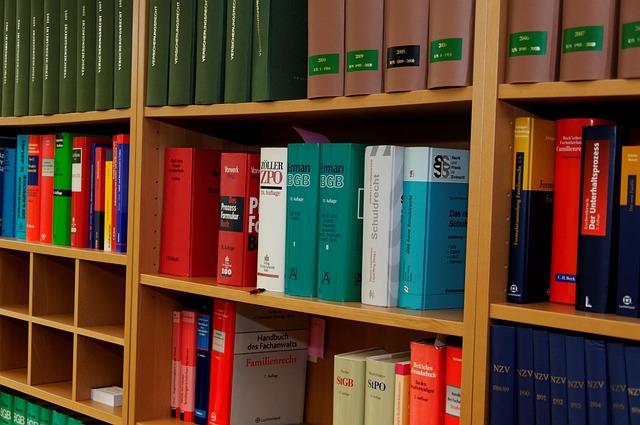TL;DR:
Determining car accident fault is crucial for settling personal injury claims, affecting compensation for damages like medical expenses and property repairs. It involves analyzing evidence like witness statements, police reports, and vehicle damage assessments to assign liability. In complex cases, expert opinions are needed. Successful negotiations require thorough preparation, strategic communication, and understanding long-term impacts to secure just compensation.
In the intricate dance of car accident settlements, understanding fault is paramount. This article delves into the profound impact of determining fault on the outcome of claims negotiations. From the initial assessment of liability to the final agreement, every step is influenced by how fault is established. We explore the interconnectedness between car accident fault and the claims process, providing strategies for navigating these negotiations effectively. By understanding these dynamics, victims can better prepare for potential outcomes and secure fair compensation.
- Understanding Car Accident Fault: The Cornerstone of Settlement Negotiations
- How Fault Determination Affects the Claims Process
- Strategies for Effective Settlement Negotiations in Fault-Based Cases
Understanding Car Accident Fault: The Cornerstone of Settlement Negotiations

Understanding car accident fault is the cornerstone of settlement negotiations. In most jurisdictions, the at-fault party is held liable for damages caused in a collision. This includes both financial and physical harm suffered by other parties involved. The determination of fault often involves a complex analysis of factors such as speed, visibility, road conditions, and compliance with traffic laws. An accurate assessment of these elements is crucial in reaching a fair settlement.
When determining car accident fault, insurance companies and accident lawyers consider various evidence, including witness statements, police reports, and vehicle damage assessments. This process can be intricate, especially in cases involving multiple parties or complex insurance coverage disputes. The outcome of these negotiations significantly impacts the final accident settlements, with the at-fault party typically responsible for covering medical expenses, property damage, and other associated costs.
How Fault Determination Affects the Claims Process

The determination of fault is a pivotal step in any legal process involving car accidents. This decision significantly influences how claims are negotiated and ultimately settled. In personal injury cases, apportioning liability clarifies responsibilities, ensuring that the at-fault party is held accountable for their actions. It also sets the stage for the client’s recovery of compensation for damages incurred. The process involves a thorough examination of facts, witness statements, and evidence to establish who was negligent and to what extent. This analysis is crucial in settlement negotiations as it helps determine the reasonable range of compensation the victim may expect.
In cases where fault isn’t immediately clear, such as in complex real estate litigation or medical malpractice claims, the process can be more intricate. Legal professionals must gather and analyze extensive data, expert opinions, and medical records to ascertain liability. This meticulous approach is essential for reaching a fair settlement that considers all aspects of the case. The goal remains the same: to ensure the client’s recovery of damages while navigating the legal complexities surrounding fault determination.
Strategies for Effective Settlement Negotiations in Fault-Based Cases

In car accident fault cases, effective settlement negotiations are paramount to securing fair accident compensation. The first strategy involves thorough preparation, which includes gathering comprehensive evidence, documenting medical expenses, and understanding the potential long-term impacts on the victim’s life. This prepares negotiators to present a strong case that reflects the true extent of damages. Additionally, recognizing the other party’s interests and motivations can level the playing field.
Negotiators should focus on clear communication, actively listening to the opponent’s arguments while asserting their position calmly and rationally. Offering creative solutions, such as structured settlements, can also be beneficial. These provide guaranteed payments over time, mitigating the risk of future financial uncertainty for victims. Moreover, recognizing when to walk away is crucial; if negotiations stall or the other party refuses to budge on unreasonable terms, it may be time to explore alternative dispute resolution methods, ensuring the victim’s rights are protected throughout the process.
In understanding how car accident fault impacts settlement negotiations, it’s clear that a thorough grasp of liability is crucial. From defining fault through the claims process to employing effective negotiation strategies, each step significantly influences the outcome. By recognizing the role of fault determination and utilizing proven tactics, individuals can navigate these complex discussions, ultimately securing fair settlements in car accident cases.






